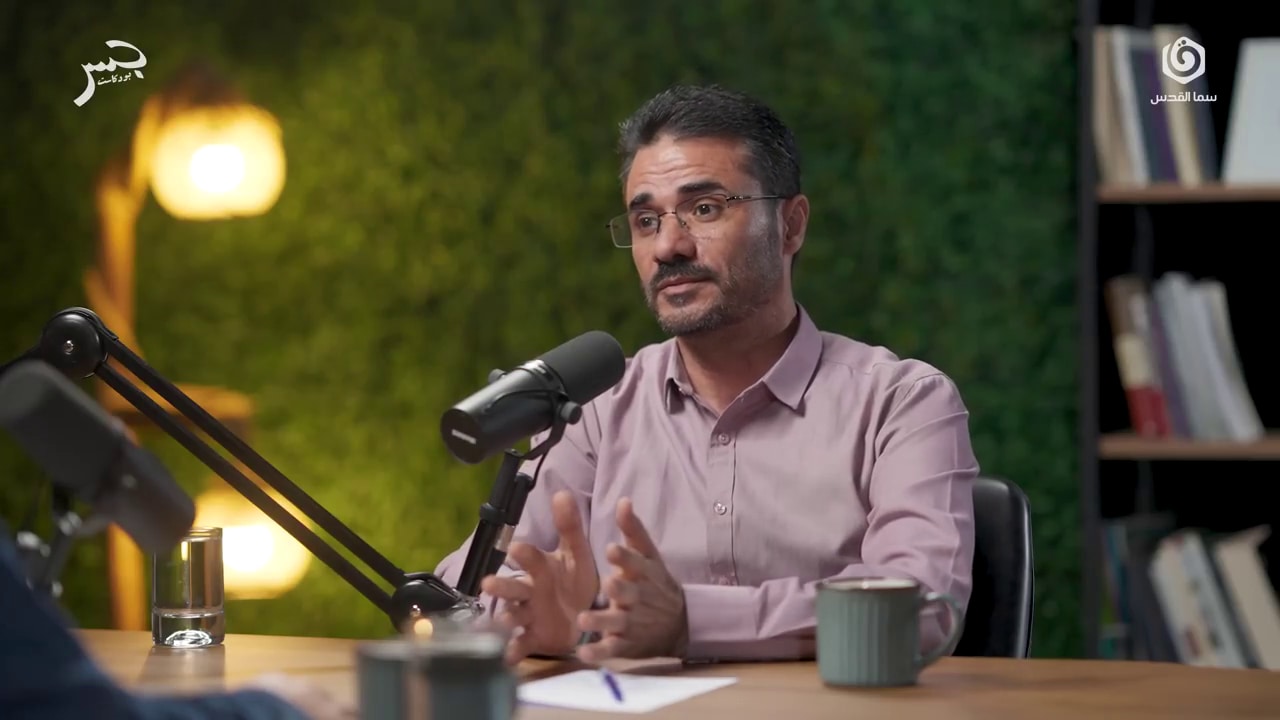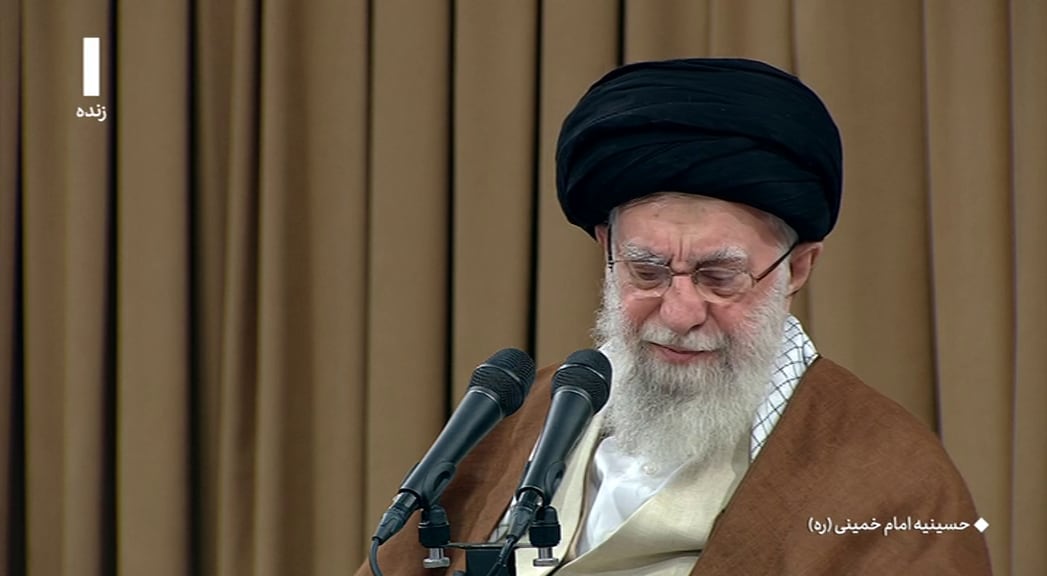
On November 1, 2019, Al-Arabiya Network (Saudi Arabia) aired a report about orphaned children of ISIS fighters. The report showed a video of an elderly ISIS man explaining to young boys that they must learn how to drive in case they want to become “martyrdom-seekers” and blow themselves up among the Islamic State’s infidel enemies (see MEMRI TV Clip No. 6194, “80-Year-Old ISIS Activist Mentors Young Orphaned Sons of Foreign Fighters, Calls for Attacks in the U.S., Russia, China”). The reporter said that this is how ISIS used to indoctrinate children and that there are many such children in the refugee camps that take in the families of ISIS members. He said that many of the children constitute security, humanitarian, and legal problems because some of them are trained fighters who were raised on ISIS ideology, because they are victims of their upbringing, and because as children, they cannot be punished for any crimes they may have committed and must instead be rehabilitated and re-educated. In an interview, a nine-year-old boy introduced as Adam Al-Dagestani told the reporter that he had been taught how to shoot a Kalashnikov rifle, that his step-father was a fighter who was killed in Al-Raqqa, and that his mother was killed in Al-Baghouz.
Following are excerpts:
Elderly ISIS Member: My dear children, scions of the Islamic State, Allah willing, you will grow up to be young men who will fight the enemy, and deliver upon them the most ferocious torment. Therefore, you must learn to drive, and become accomplished drivers, like your grandfather, in case one of you wants to become a martyrdom-seeker, and blow himself up among those atheist infidels who fight the Islamic State…
Reporter: This is how ISIS used to plant its ideology in young and pliable minds.
[…]
In the refugee camps that take in the families of ISIS members, there are many of these children. They constitute a serious security, humanitarian, and legal problem. The constitute a security problem because they are trained fighters who have never known anything other than ISIS ideology. They constitute a humanitarian problem because, first and foremost, they are children. They can only be dealt with as victims of people who brainwashed their young minds. In addition, they constitute a legal problem, because the law considers them to be innocent, regardless of the crimes they have committed. They cannot be tried or punished for [these crimes]. Rather, they must be assimilated into society, rehabilitated, and re-educated. This is a difficult and demanding mission, carried out mainly by psychologists and social workers.
[…]
Reporter: What kind of weapon were you trained to use?
“Adam Al-Dagestani”: Kalashnikov.
Reporter: Tell me about the Kalashnikov.
“Adam Al-Dagestani”: It is about this big… There is a weapon…
Reporter: How many bullets are there in a Kalashnikov?
“Adam Al-Dagestani”: Thirty.
Reporter: Did you shoot a Kalashnikov?
“Adam Al-Dagestani”: Yes.
Reporter: What did you shoot at?
“Adam Al-Dagestani”: An empty house.
Reporter: At an empty house?
“Adam Al-Dagestani”: Yes, with no one inside.
Reporter: What did your father shoot at?
“Adam Al-Dagestani”: My father was a fighter.
Reporter: Adam, tell me your story. How did you come to Syria?
“Adam Al-Dagestani”: I came to Syria on a plane.
Reporter: With your father and your mother?
“Adam Al-Dagestani”: Yes.
Reporter: At first, we were in Dagestan. My father died. We came to Syria, and my mother got married. After that, my father died in Al-Raqqa. Then my mother died in Al-Baghouz, in an airstrike. Then I turned nine years old.

















